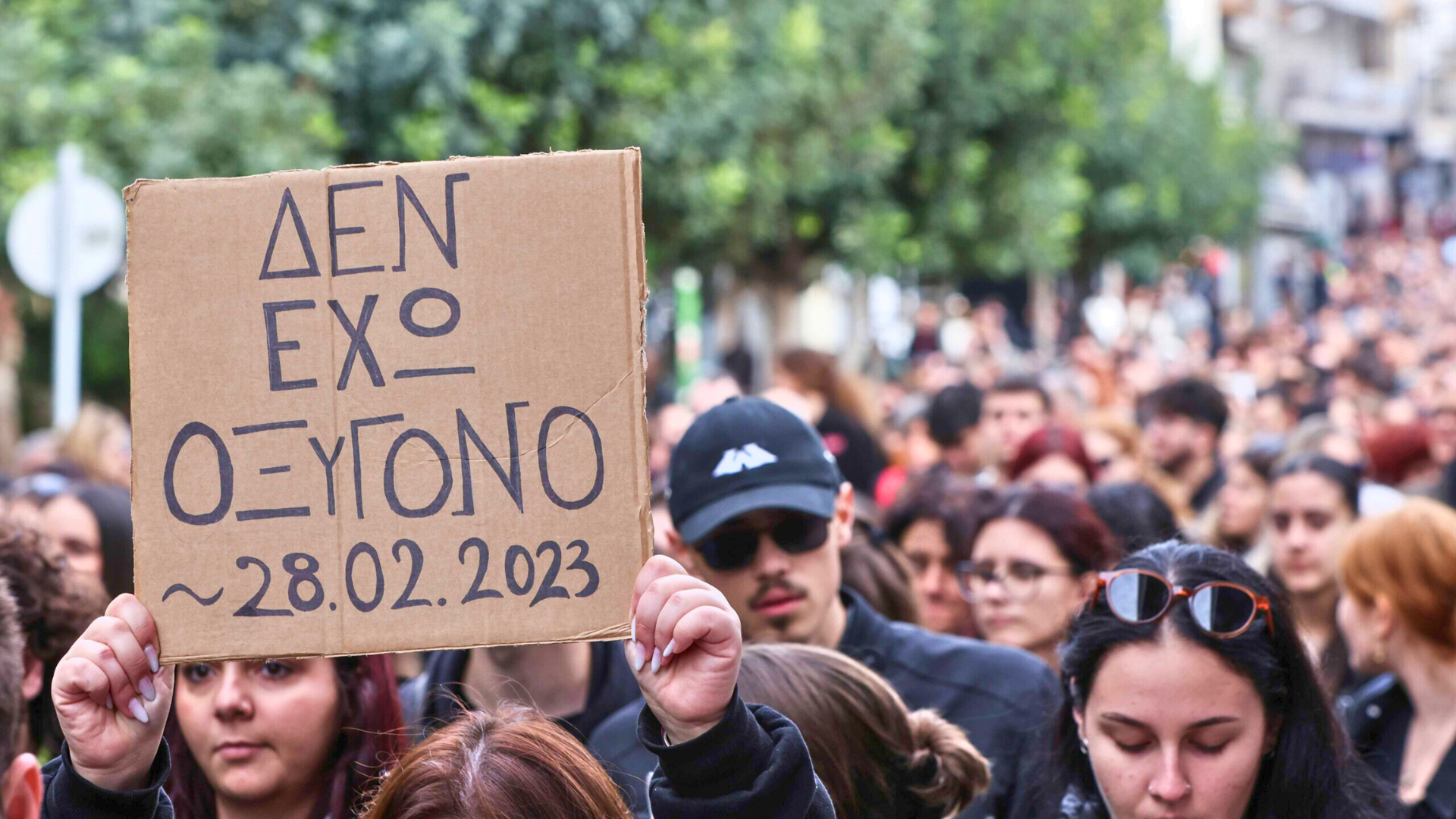Greece and Australia are preparing for protests on February 28, marking the second anniversary of the deadly train collision in Tempi that claimed 57 lives and left many others injured.
Protests are also expected to be held in Australian cities. In Sydney, two protests are scheduled for February 28, one at 12 noon outside the Greek Consulate and another at 6pm outside Sydney Town Hall. In Melbourne, a 12 noon rally will take place outside the Greek Consulate, while Perth will see a 6.30pm protest outside its local consulate.
Authorities in Greece are concerned the demonstrations could evolve into the largest wave of public dissent since the 2012 economic crisis, with social media amplifying widespread anger.
Greek officials anticipate large-scale unrest, citing a surge in online posts, many demanding the resignation of Prime Minister Kyriakos Mitsotakis.
Analysts have noted an unusual increase in activity from previously dormant social media accounts, raising suspicions that bots may be driving the movement.
Security forces are on high alert, as anarchist and far-right groups have called for mass mobilisations across major Greek and European cities.

Activist networks in Athens, Thessaloniki, and beyond are coordinating to make the February 28 protests a pivotal moment of resistance.
While the government is determined to keep protests peaceful, senior officials acknowledged the challenges of managing large crowds, admitting, “In gatherings of thousands, tensions can escalate unpredictably.”
Compounding the unrest, conspiracy theories surrounding the recent death of a prosecutor’s son, allegedly linked to the Tempi tragedy, have gone viral. Despite forensic reports ruling out foul play, opposition politicians have fuelled the controversy, sparking heated debates in Parliament.
The investigation into the Tempi disaster has faced delays, with critics accusing the government of stalling justice. Mitsotakis and his ministers, however, maintain their commitment to transparency.
Political analysts warn that the fallout from the protests could reshape Greece’s political landscape. Some members of the ruling party suggest that escalating unrest could lead to a snap election, positioning it as a choice between stability and chaos.
Source: Ekathimerini.
